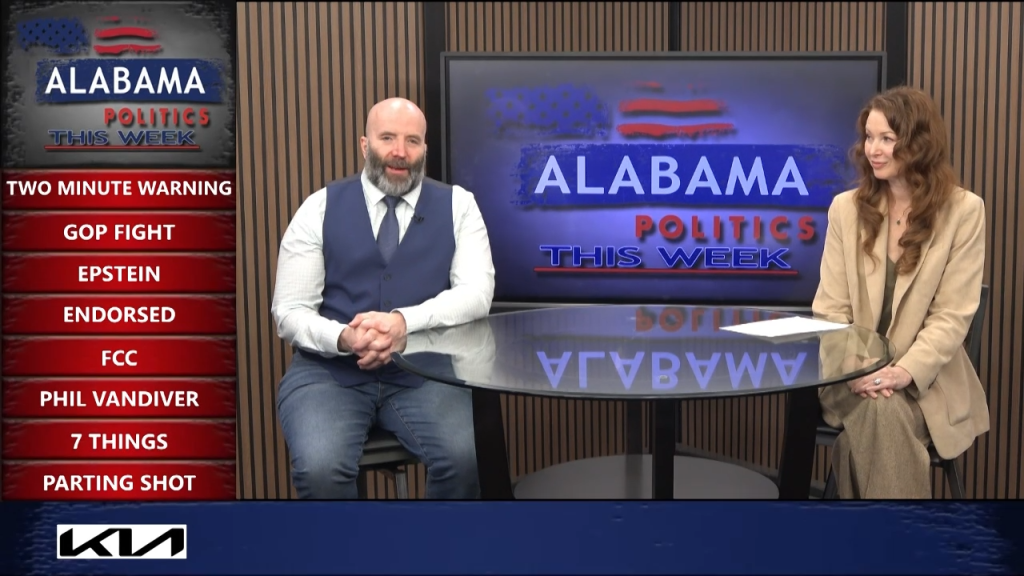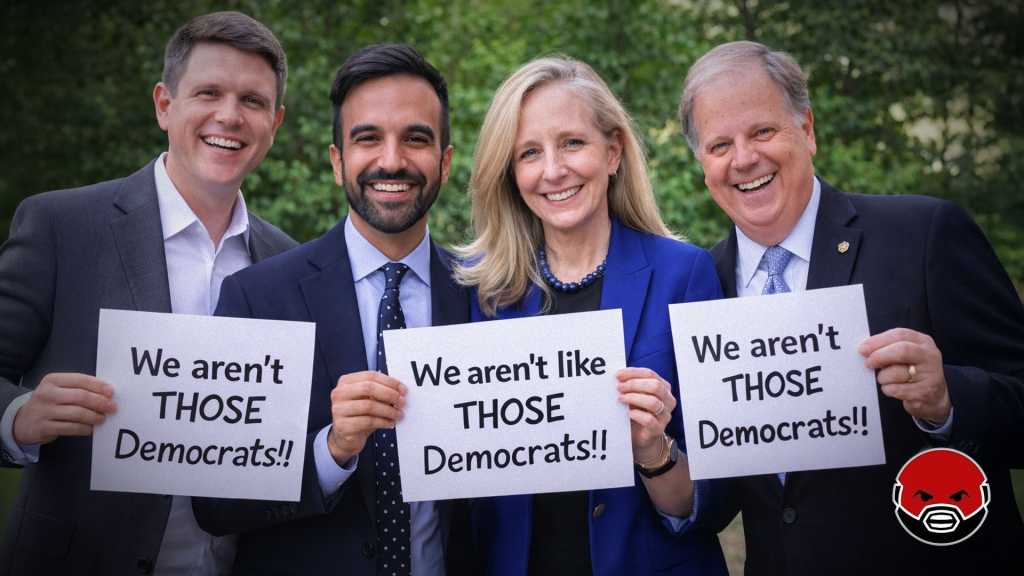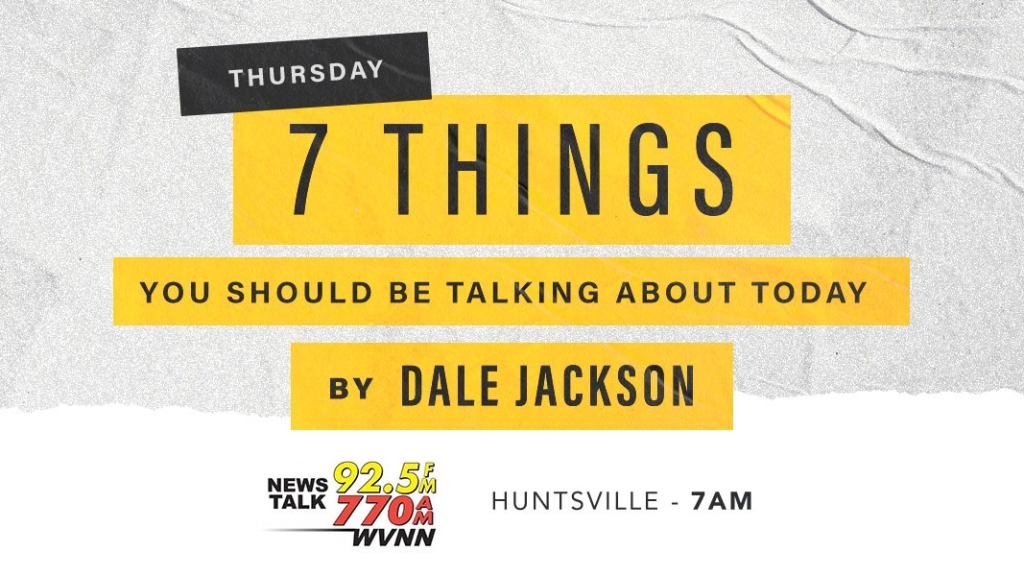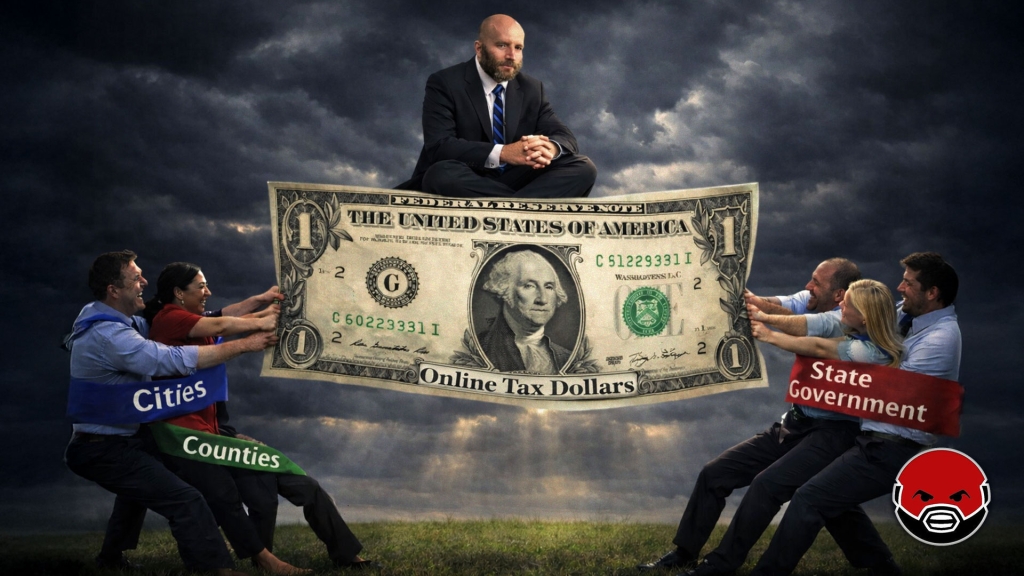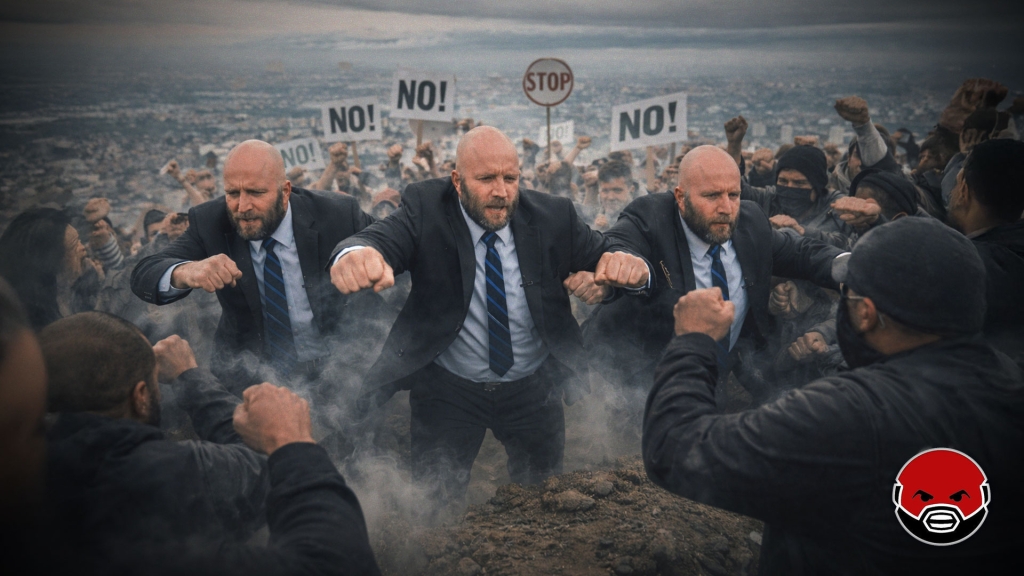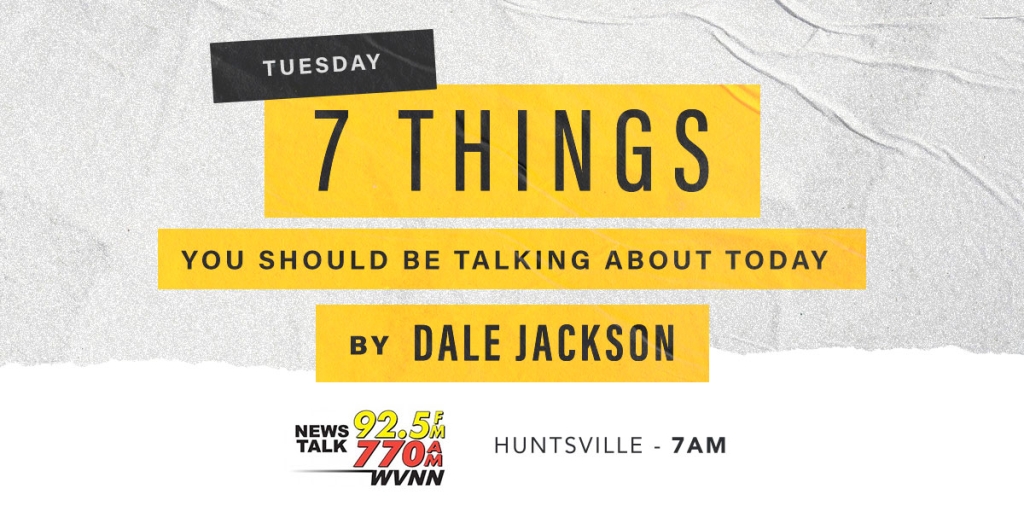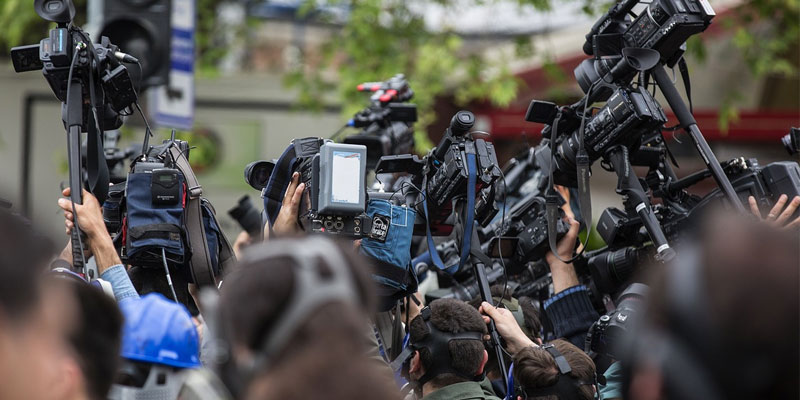
Listen to the 10 min audio
Read the transcript:
BANNON TOPS HEADLINES BUT WHY?
TOM LAMPRECHT: Harry, I want to take a look at a story that developed last week, but I want to look at it in a little different way today. The story has to do with a book entitled “Fire and Fury” written by Michael Wolff. If you remember, last Wednesday, there were excerpts released from this book in The Guardian, which pitted Steve Bannon against Donald Trump, Jr. against the president, himself.
The way I want to take a look at this story, Harry, is the fact that, last Wednesday, suddenly, tabloid journalism seemed to supersede the actual news of the day.
DR. REEDER: I’m not really interested in getting into the internal squabbles between the fired Steve Bannon and the Trump administration and Bannon’s assertions and Trump’s responses because I think that’s part of the problem – how the news went to this, not as an item story, but as the blaring headlines. Entire cable news companies – these were cable news companies that had dismissed Steve Bannon as a right-wing bigot and now, all of a sudden, he is their patron saint because of the stories that he’s providing.
FREEDOM OF PRESS IS CRUCIAL BUT SO IS RESPONSIBILITY
What I want to really get to is this: We are living in a country in which, in the ordering of our freedom with a Constitution, there was the establishment of a Bill of Rights and the First Amendment, with its six affirmations, were crucial. And the result of those six affirmations and the First Amendment of the Bill of Rights was the protection of and the encouragement of the free exercise of religion – and, therefore, the ministry of the church, in general – because they knew a nation governed by law required morality.
You can’t have morality and the value of law without the acknowledgment of a law-giver and the state said, “We are not the law-givers. The law-giver is God, Himself, so we want the free practice of religion to establish a morality in this nation that allows us to function.”
Secondly was the free practice of the press. The notion was that there would be responsible journalism. There was the desire that out there would be journalistic ethics and journalists who took their vocations seriously and that their desire was to get the news and an analysis of the news before the people.
Now, the ethic of journalism was that you report the news on one page and you do analysis on the other. Well, we are at a point now where the journalism that you would have seen as you checked out of the grocery store counter, which was the tabloid journalism of freakish news, has now become mainstream journalism and this becomes a specimen of that for examination.
WHAT ABOUT REAL STORIES?
Here, we are, a new year has just begun, a significant event is taking place, North and South Korea are actually having talks. Now, I don’t know what’s going to take place in the conversation, but that’s newsworthy. Also, this country just passed a sweeping tax reform bill and there is still a discussion: Is this helpful to everyone, is it not helpful, what is this going to do for our nation and for the working class of our nation? That kind of reporting needs to be done.
And, by the way, let’s go beyond that, Tom: There’s a gigantic story that’s taking place, even at the loss of life right now in Iran, where there are these Iranian protests for freedom that’s taking place very similar to what happened in 2008 and 2009. Will we respond in the same way in which we just kind of dismissed it and did not support this grass-roots movement looking for freedom and democracy?
And, by the way, I’m not talking about nation-building – I’m talking about just affirming. Will our country speak words of support as happened in Europe years ago under Ronald Reagan when these movements took place?
Tom, there are all kinds of stories that are out there: the need for a comprehensive infrastructure program, domestically – our roads, our bridges, our highways – all of those things need to be addressed. That’s what journalism ought to be doing in a responsible use of its protected freedom and, instead, we’ve got tabloid journalism. Again, I feel like I’m standing next to the counter checking out at the grocery store and over here is Variety with some grotesque story and that’s exactly what is taking place in the newspapers, in the blogosphere, and on cable news and absolutely dominating the broadcast news – or what’s called the “mainstream broadcast news” – in our country.
WHERE HAS JOURNALISM GONE?
TOM LAMPRECHT: Harry, who’s winning the battle, though? We see, The New York Times, they’re losing so much money now, they’re actually having to lease out office space in The New York Times building.
DR. REEDER: What I would hope is that, newspaper-wise – and you would hope in terms of cable news and you would hope in terms of broadcast news – that someone would say, “You know what? We are not going to make the news. We don’t see ourselves as part of the news. We are actually going to report the news and here is another section that we are going to provide editorials from our news agency and op-ed opposition editorials to our news agency, but we’re going to separate those two and over here is reliable news reporting.”
The Jack Webb approach to journalism – just the facts, ma’am – if, somehow, we could have those who would just say, “Here is the news. We are going to report the news.”
Honestly, the closest thing I see to news reporting is one program on television right now and that’s The Special Report Program and, even that, I can’t say is really the prototype of what I believe ought to be present and what we desperately need in terms of journalism, journalistic ethics and some journalistic endeavor in print, digital and broadcast to say, “Here is the news. Yes, we have an editorial department, but here is the news.”
I know every reporter has a world and life view and a bent, but the ability to exercise discipline and say, “Here is what happened. Here’s who did it. Here’s what happened. Here’s what you need to think through. And, by the way, we have an editorial on this that’s coming up in the next program but here is what actually happened.” I don’t know of anyone doing it.
To answer your question, Tom, I do believe there’s a market for it. I believe that people would respond to it – that kind of clear communication – if it could be done.
TOMORROW’S THOUGHTS ON CHARITY DONATIONS
TOM LAMPRECT: Harry, we are out of time for today. Tomorrow, I want to look at a story out of The Free Beacon. The National Endowment for the Humanities has handed out, just last month, nearly $13 million for 253 different projects.
DR. REEDER: Now, Tom, this is going to be an interesting story that we’re going to do. Like today’s story, we may come at it differently than everybody else tomorrow and, let me say it this way, I am going to make a proposal tomorrow that my mother would be very proud of me. You will find out what that is and why I would say that tomorrow.
DON’T FORGET THE GOOD NEWS
Tom, may I end up by saying can I tell you one of the great privileges I have as a pastor is I get to report the news – it’s called “The Good News.” It’s called the Gospel of Jesus Christ and I can get up on a mountain and proclaim good news.
We who are in our sin helpless and hopeless, there is a God who loves us, who sent His Son and, even though His wrath is declared against those who would contradict Him in sin, His love has been displayed to save sinners through his son, Jesus Christ.
And you can come to Him no longer helpless – the Holy Spirit can give you the power to come to Christ and serve Him. No longer hopeless, the righteousness of Christ can surround you and the blood of Jesus can wash away your sins and I want to report that news today.
Dr. Harry L. Reeder III is the Senior Pastor of Briarwood Presbyterian Church in Birmingham.
This podcast was transcribed by Jessica Havin. Jessica is editorial assistant for Yellowhammer News. Jessica has transcribed some of the top podcasts in the country and her work has been featured in a New York Times Bestseller.
Podcast: Play in new window | Download
Subscribe: RSS




